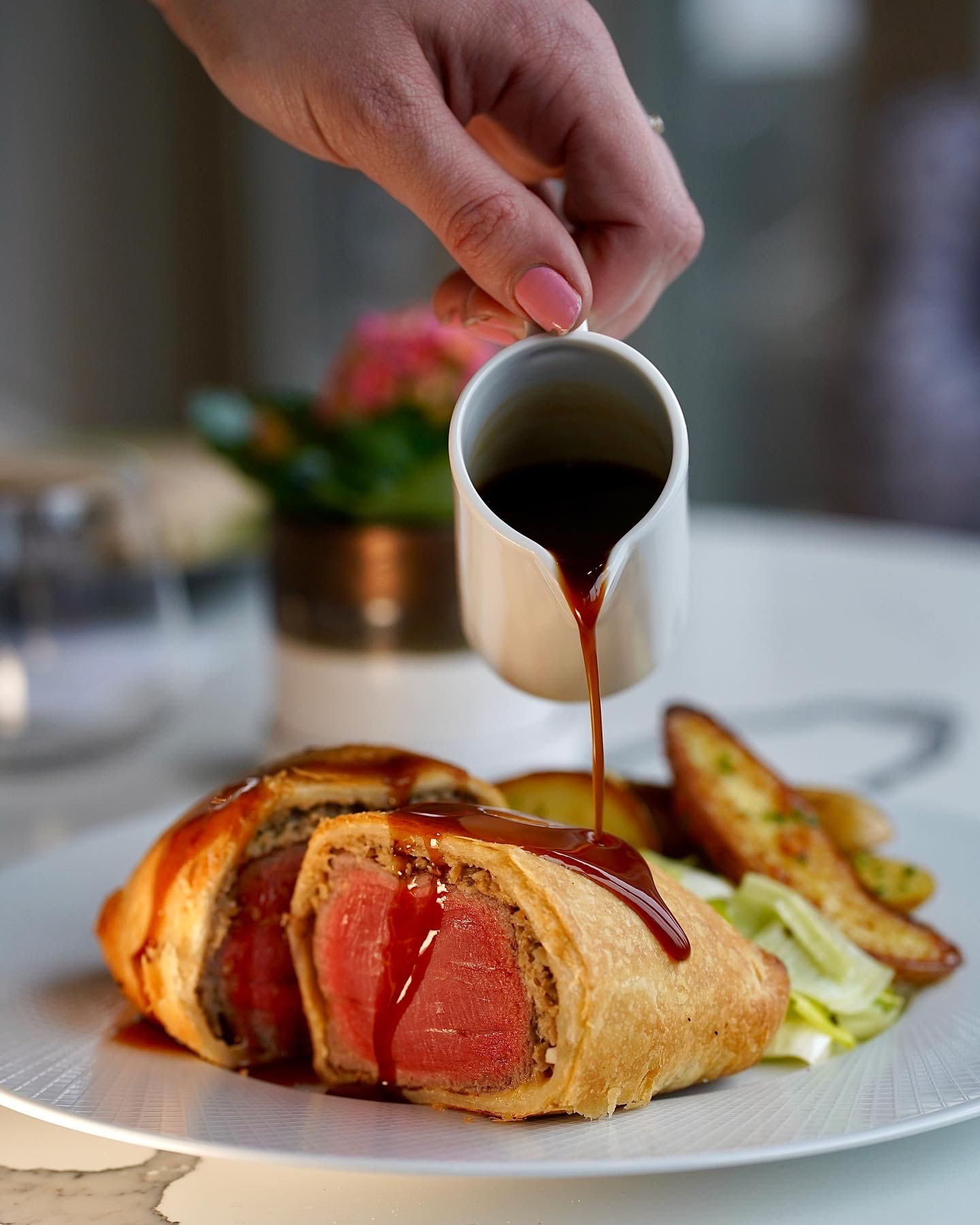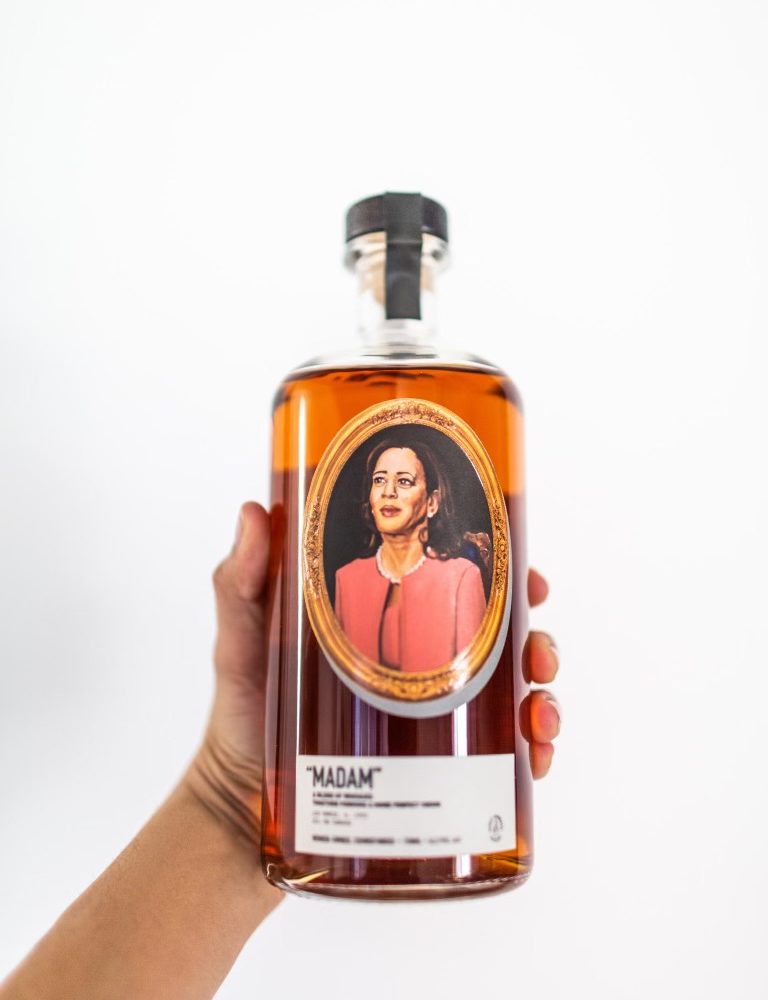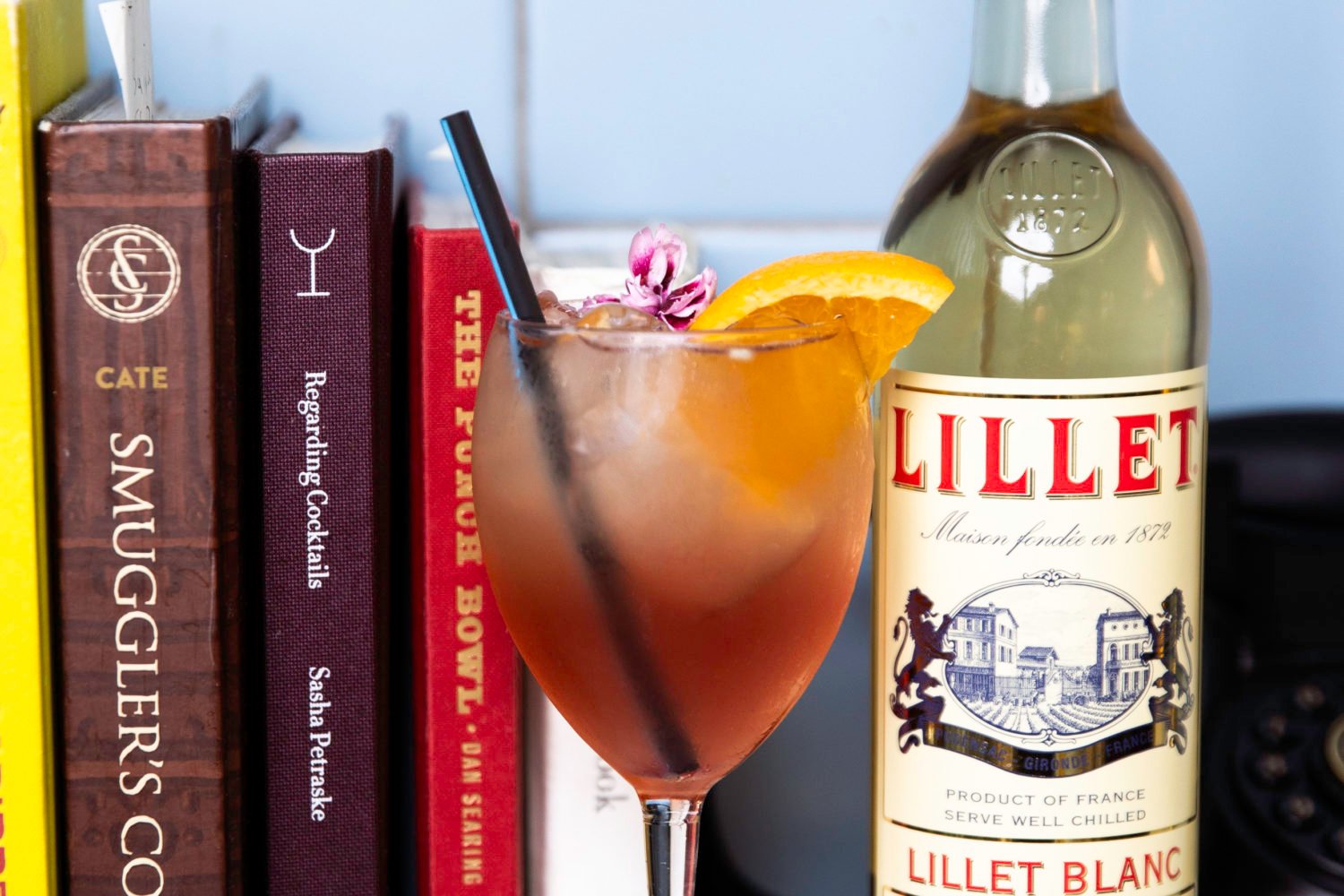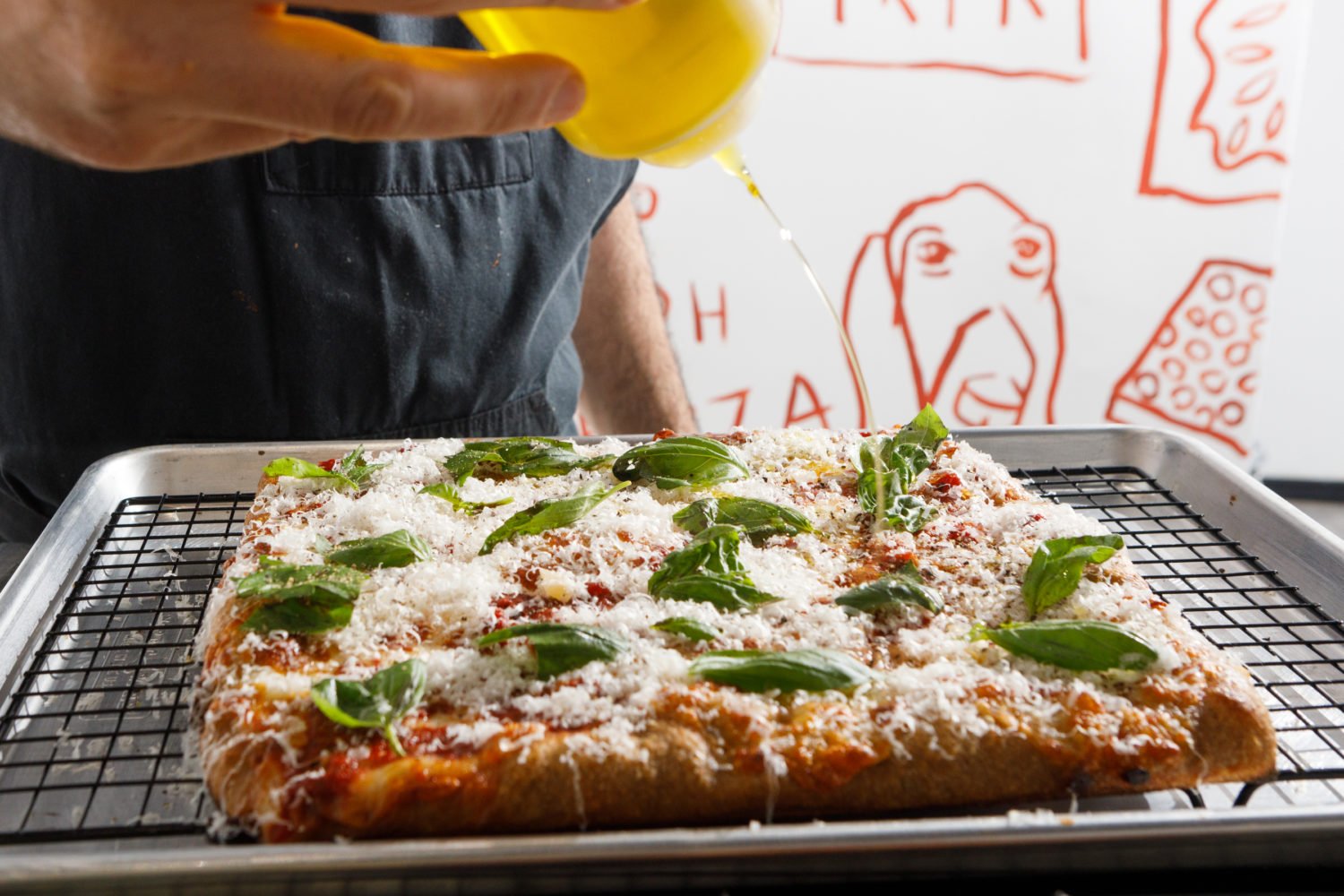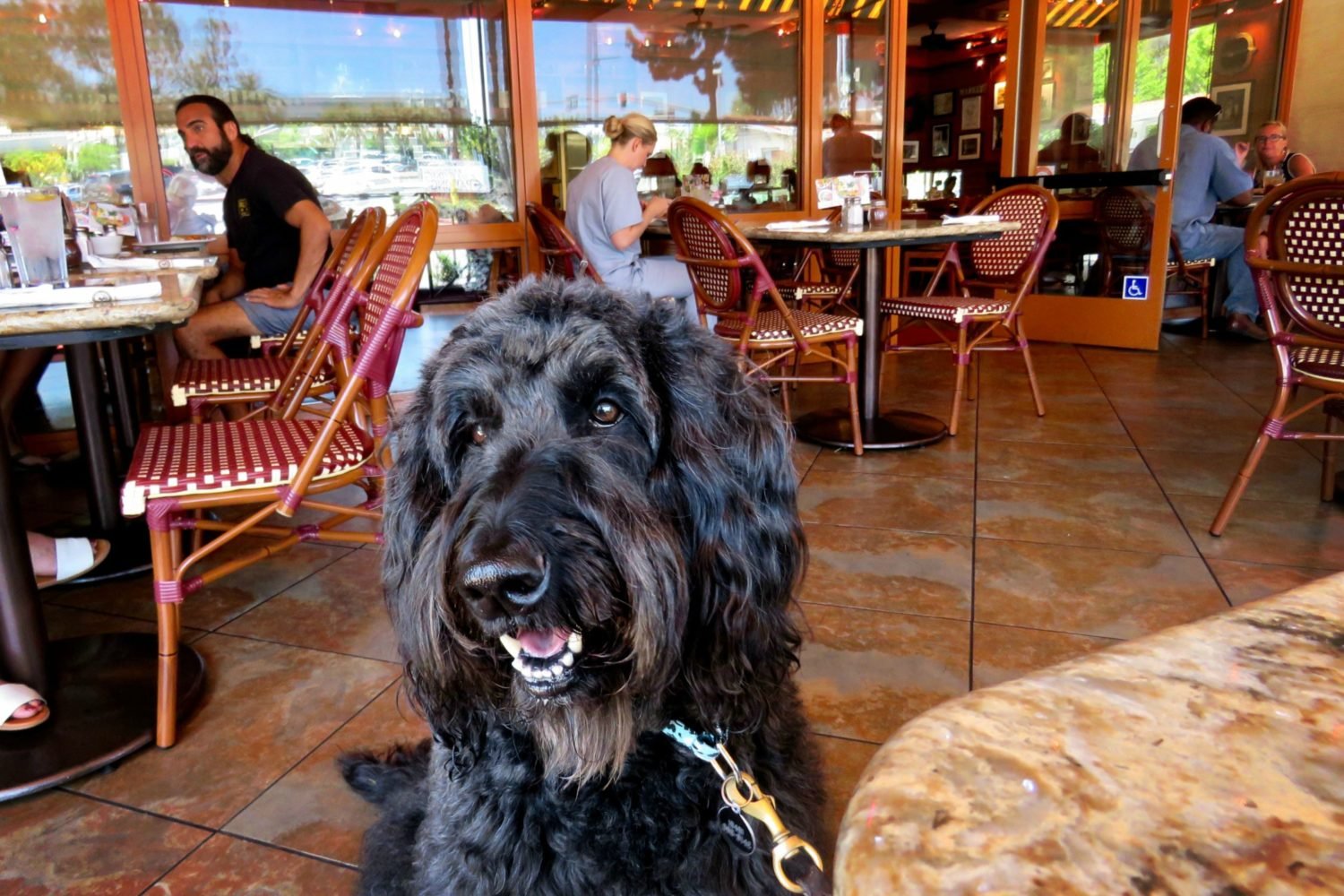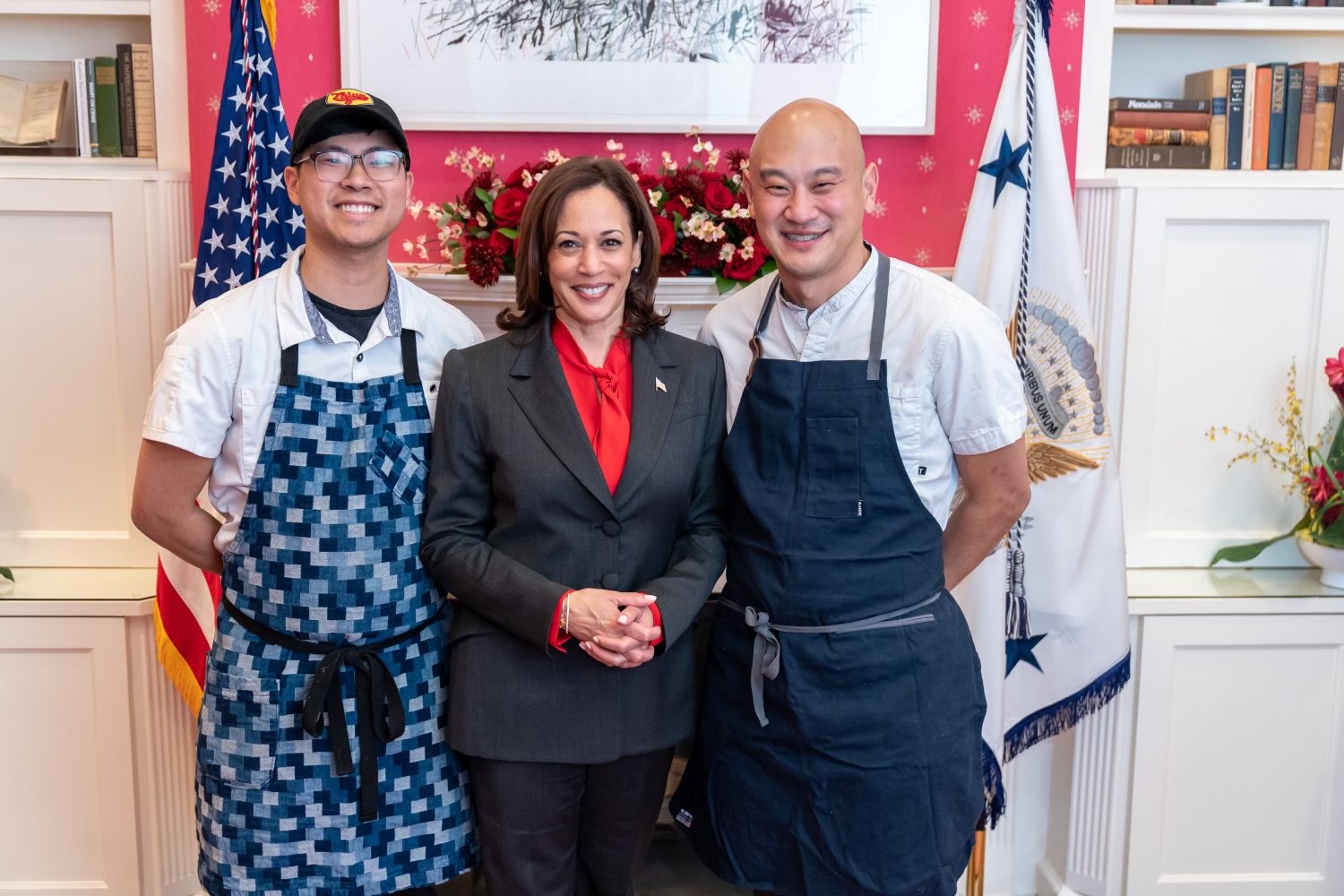Certain classic dishes tend to make restaurant comebacks. Washington’s centerpiece du jour? The Wellington—yes, that old-school dish of beef tenderloin wrapped in mushroom duxelles and buttery puff pastry, then baked until rare on the inside, golden on the outside, and ready for ceremonial slicing. Of course, restaurants are riffing—filling them with seafood or vegetables or, at Imperial in Adams Morgan (2001 18th St., NW), deliciously downsizing tradition with personal beef Wellies served with mini-pitchers of black-truffle jus.
This isn’t the Wellington’s first renaissance—though the dish’s origins are murky. Some link its creation to the 19th-century duke of Wellington. Others claim it has French roots. Regardless, the entrée’s popularity exploded in the 1960s, thanks to the Kennedy White House and Julia Child’s cooking show. Gourmet magazine dubbed the time “the beef Wellington era.” One food historian called Wellington “the premier party dish of the 1960s,” noting it was “rich, dramatic, expensive, and seemed difficult and time-consuming to prepare . . . everything a gourmet dish should be.” President Nixon, a Wellington diehard, is said to have requested it for every state dinner.
The year 2022 may not be a new Beef Wellington Era, but the dish has been surprisingly suited to the pandemic. Despite its fussiness, a Wellington travels beautifully in its pastry armor. For diners, it’s a battle to make one from scratch—so even more alluring for special-occasion takeout.
Fiona Lewis, owner of District Fishwife (1309 Fifth St., NE), started selling individual frozen Wellingtons from her Union Market shop at the start of the pandemic. The pastries—filled with combinations like mustardy salmon and spinach or Chilean sea bass with prosciutto and fried sage—are easily popped into the oven. “Plus they’re self-saucing,” says Lewis, who dots interiors with Parmesan cream.
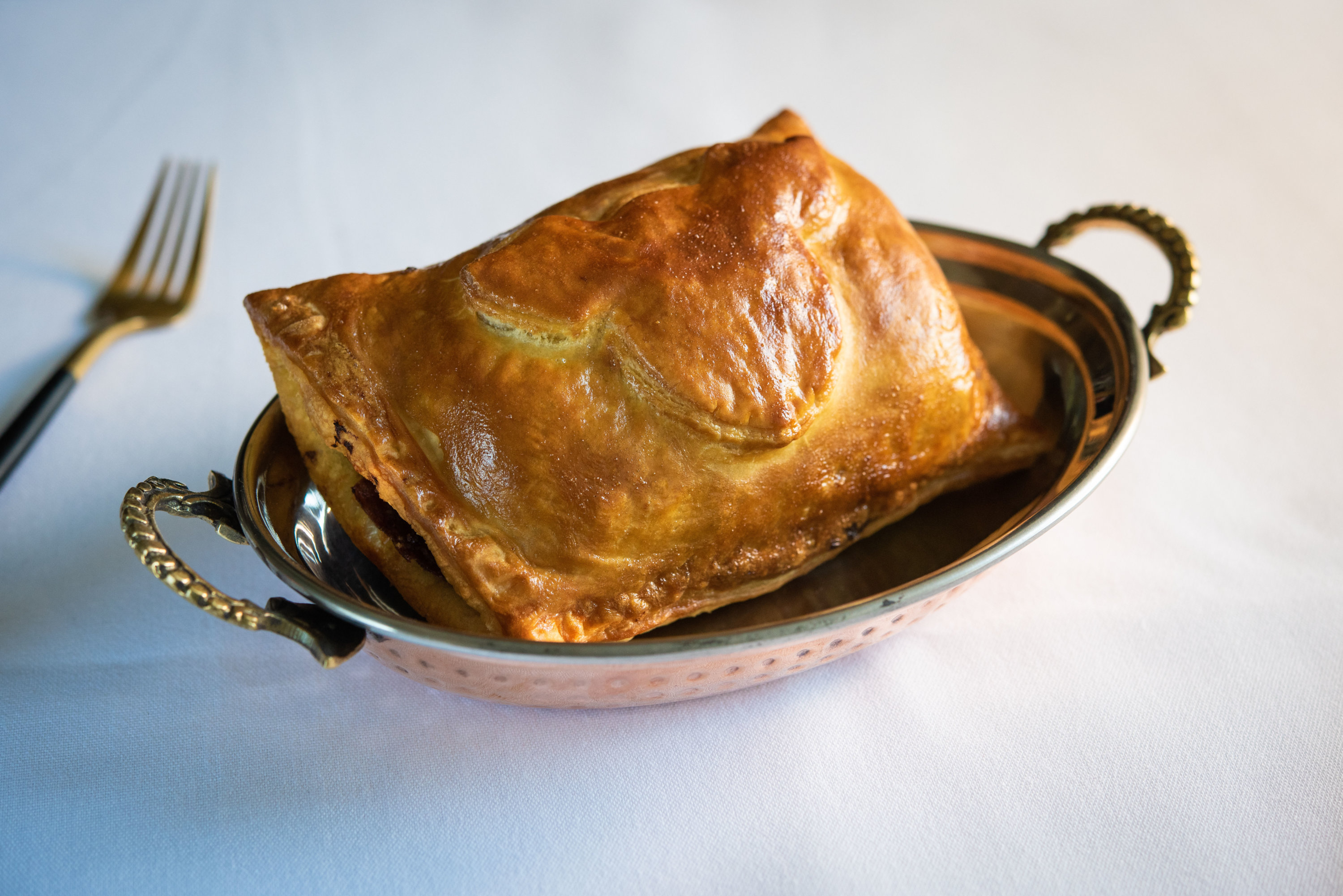
A Wellington is a showstopper, both decadent and comforting, which is just what many diners are looking for as they tiptoe back into restaurant dining rooms. At the Michelin-starred Glover Park Spanish spot Xiquet (2404 Wisconsin Ave., NW), chef/owner Danny Lledó makes his Wellington with prized Ibérico pork loin that’s encased with ham, duxelles (sautéed, finely chopped mushrooms and shallots), and housemade pastry decorated with a pig. It’s carved tableside and sauced with pork-rib jus.
While the dish is rooted in tradition, chefs are getting plenty creative. Reid Shilling, chef/owner of Shilling Canning Company (360 Water St., SE) in Navy Yard, toys with such fillings as short rib or butternut squash. The latter iteration involves hours of preparation: Shilling chars the squash in a wood-fired oven, cooks it in a sous-vide bath so it keeps its shape, fashions a mushroom mousse to lock the squash in place, and wraps it in a Dijon crepe before enclosing it in brioche to prevent the pastry from getting soggy.
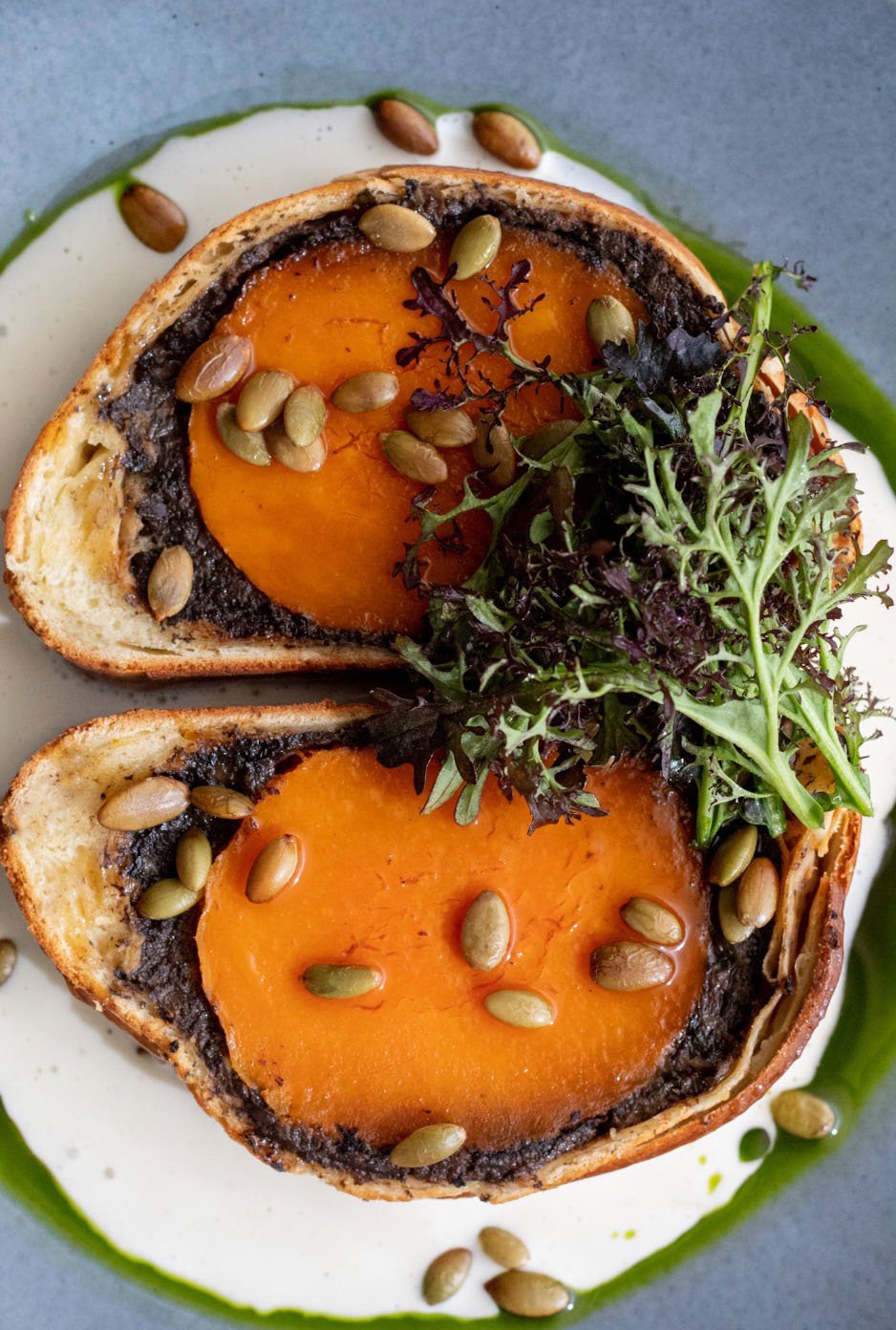
“For chefs, Wellington is a fun thing to do because it takes a lot of skill and technique to do it right,” says Shilling, who recommends checking out #Wellington Instagram—particularly Bozar Restaurant in Brussels—for inspiration. “Every time you make one, you’re excited to cut into it and see the outcome, and then refine your process.”
Given their richness, you may not spot many Wellingtons when summer comes around, though DC is due for a deluge this fall when Gordon Ramsay—the self-anointed “Ambassador to Wellington”—opens a branch of his Hell’s Kitchen restaurant at the Wharf. It’s the British celeb’s signature dish (his formula involves mustard-brushed filet wrapped in prosciutto, duxelles, herb crepe, and puff pastry), and he sells an eye-popping 1,200 beef Wellingtons a day at his Hell’s Kitchen in Vegas and its two adjoining restaurants. Ramsay’s love of the dish dates back 20 years. “When I put my menu together for my first restaurant in 1993, the only thing I could afford was oxtail, and my dream was always to have a filet,” says Ramsay. It took him three months to get his version right. “When I started doing the research, I found that a lot of chefs in the UK had forgotten about the Wellington because it seemed dated. Now, of course, every chef on the planet is doing their version.”
This article appears in the April 2022 issue of Washingtonian.

